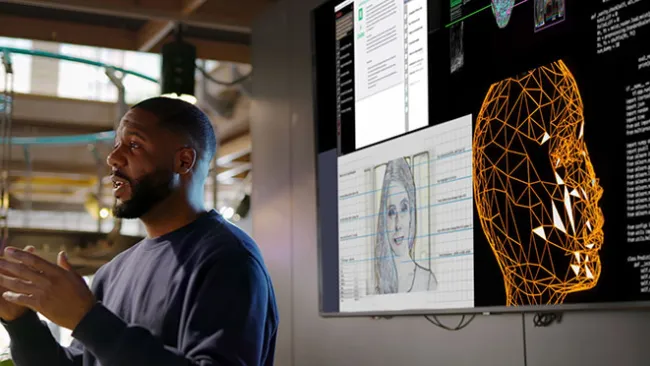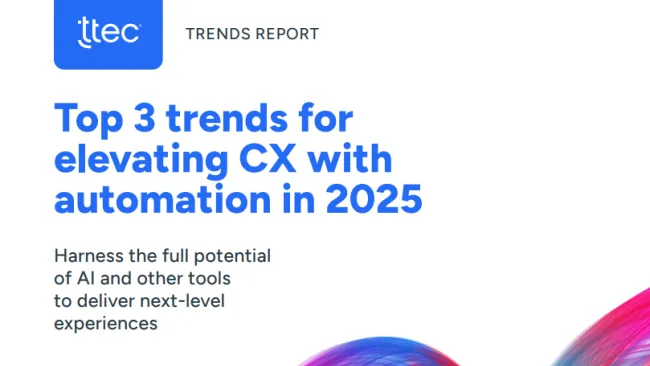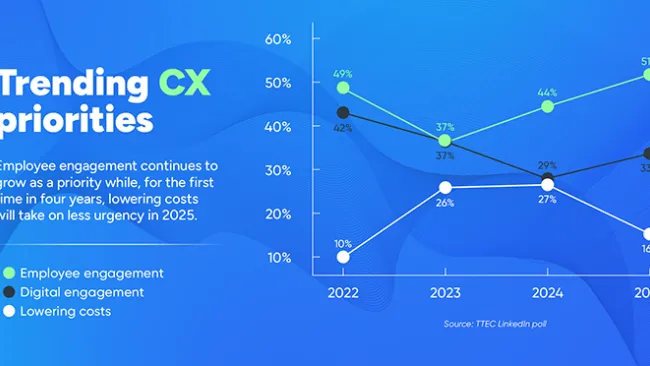
eNPS at healthcare contact center jumps 21% with interactive AI training bots
Customized to client-specific call drivers, new curriculum, bots, and sandbox lift quality scores 4%
eNPS at healthcare contact center jumps 21% with interactive AI training bots
Customized to client-specific call drivers, new curriculum, bots, and sandbox lift quality scores 4%
eNPS
QA score
in user effort score
The challenge
Adept handling of diverse and complex issues involving Medicare and other services takes more than mastering the knowledge of ever-changing rules and protocols. A successful customer interaction takes practice and healthcare advocates in the contact center wanted more time to master newly acquired skills.
The vast majority (69%) of our client’s healthcare advocates felt unprepared to confidently handle calls when only 26% of their pre-nesting training time was allocated to skills practice. The healthcare company wanted a solution that was self-paced, engaging, interactive, and offered more built-in practice time. Maintaining or improving performance levels was non-negotiable.
Our solution
After studying customer intents unique to our client, TTEC redesigned the training curriculum and deployed it to seven pilot test groups at U.S. and Philippines locations. The new curriculum reduced traditional, instructor-led training to accommodate five new digital methods:
- Real-time practice with AI bots
- Voice of the customer
- Gamification
- Self-paced lessons
- On-demand video
These engaging training and practice exercises helped cement knowledge retention and skills proficiency more effectively than analog, instructor-led training alone.
For example, five AI-enabled conversational bots were developed based on the top five call drivers trainees encountered: vision benefits, copays, primary care physician change, fitness benefits, and fulfillment.
For each call driver, TTEC programmed a bot to conduct a 5- to 10-minute simulated conversation with trainees, covering all phases of a call from greeting and identity verification to softer skills such as empathy, respectful probing, and making a positive connection. Through role-playing exercises, trainees practiced responding to bot-generated questions about the most common questions coming into the contact center. The bots offered real-time feedback and coaching customized to each user.
TTEC also created a sandbox platform, enabling trainees to practice navigating the client’s specific systems. Cloud-based design allowed trainees to practice on-site or remotely.
The result
The primary goal, to increase and enrich training with more time for hands-on practice, was achieved: Skills practice time increased by 73% — from just 26% to 45% of the training program.
As a result, quality scores rose 4%, call transfer rates dropped 4%, and employee Net Promoter Score (eNPS) improved 4%, exceeding the client’s eNPS goal. TTEC continually solicited feedback from trainees and incorporated their suggestions to improve programming of the bots. As a result, user effort scores rose by 7%, indicating the ease with which trainees used the training tools.
The healthcare company is currently considering expanding the program to additional lines of business.












